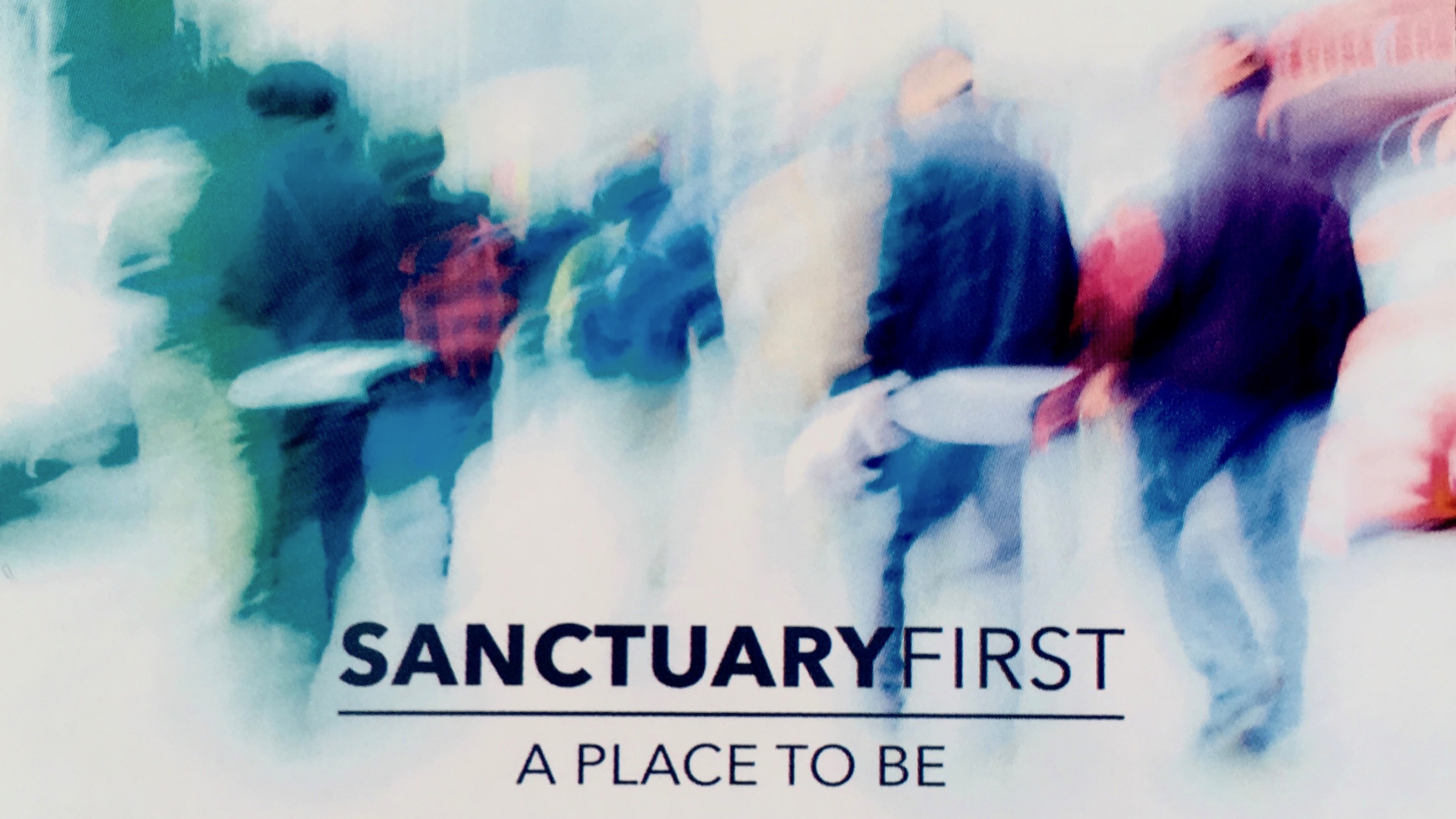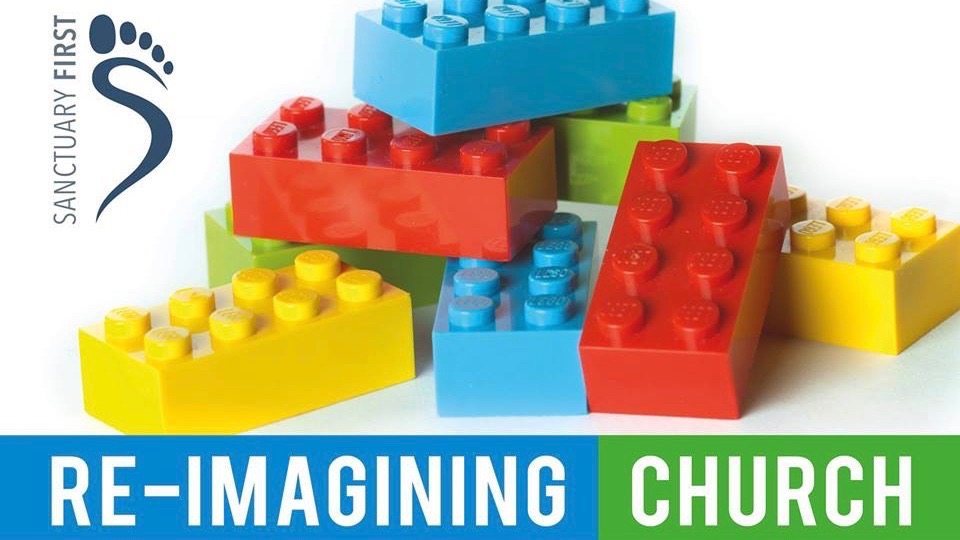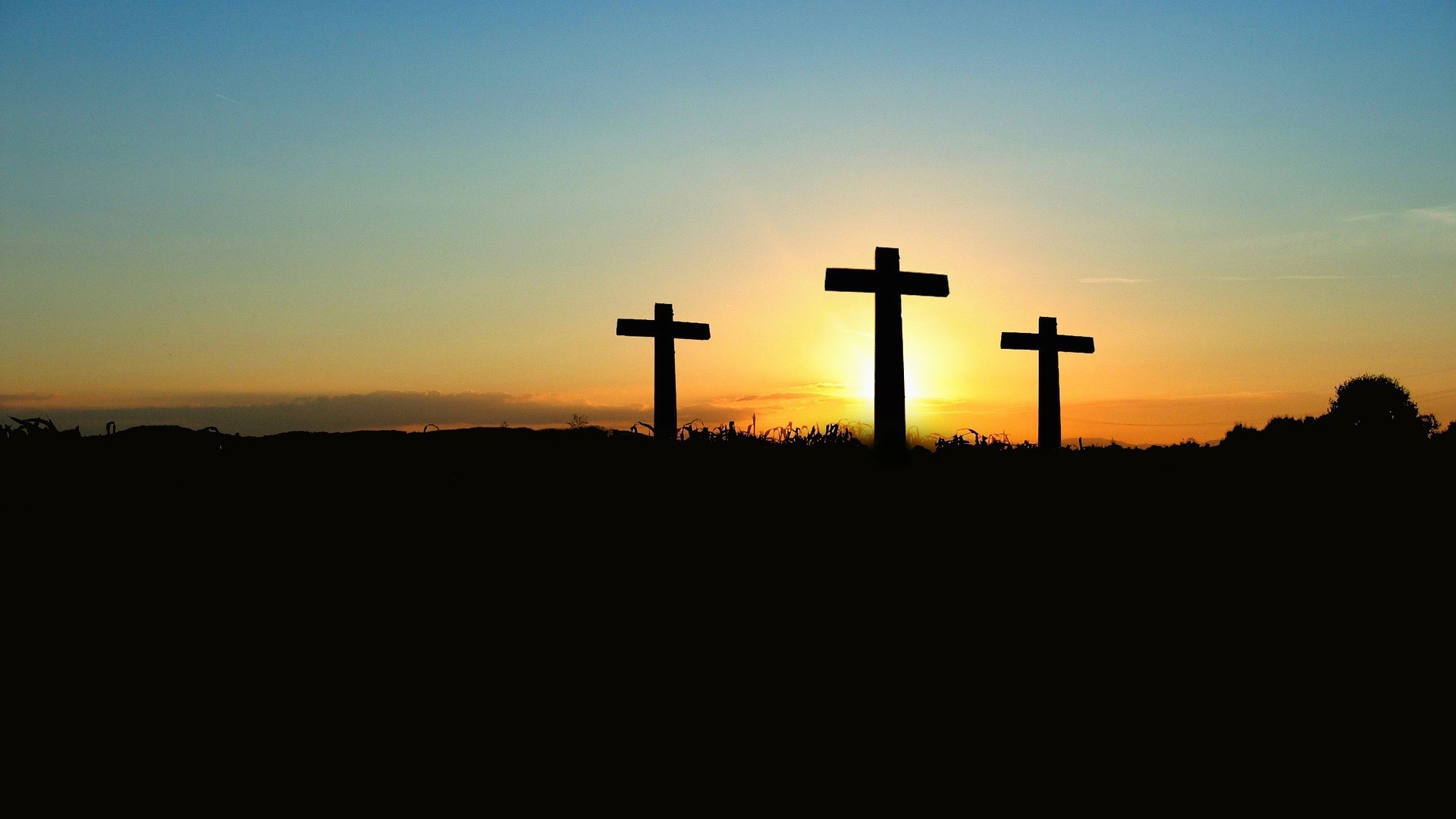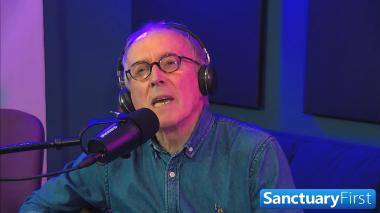Re-Start Church

Helping the church rethink ministry from alternative perspectives
When the history of the Church of Scotland is written for the early part of twenty-first century it will be seen as a time of great challenge and upheaval. It will be understood as a time when like so many other high street names the church on the high street was forced to either close or re-imagine itself.
Like the large department stores the church has hard decisions to make about how its presence should be understood on the high street. Are we simply to be the custodians of victorian stone buildings being open for an hour or two each week? Eventually becoming disused lying empty, beside the many vacant shops in our town centres? Or can we find a way to create in these buildings, sacred spaces that will draw the public into a place where they can encounter the presence of the living God?
This is just one of the themes we will be pursuing at the ‘Re-Imagining Church Conference’ this coming January 2019. In conversations with those who have been engaging with the ministry of Sanctuary First over the past few years it is becoming evident that, if used creatively the ministry of Sanctuary First, has a flexibility that could be a vital strand in the missional and worship strategy of a future Church of Scotland, helping the church rethink ministry from the alternative perspectives of technology and a decentralised bureaucracy.
Initiating a movement of encouragement
 I think there are opportunities for us at Sanctuary First as a pioneer ministry to encourage congregations who feel weary and irrelevant to discover a fresh start. Given the right resources we can initiate a movement within the Church of Scotland that offers failing congregations encouragement and a fresh vision to re-imagine their ministry and how they use their buildings and their footprint in their communities using social media as a tool to help create and initiate friendship and belonging.
I think there are opportunities for us at Sanctuary First as a pioneer ministry to encourage congregations who feel weary and irrelevant to discover a fresh start. Given the right resources we can initiate a movement within the Church of Scotland that offers failing congregations encouragement and a fresh vision to re-imagine their ministry and how they use their buildings and their footprint in their communities using social media as a tool to help create and initiate friendship and belonging.
There are church buildings in strategic places in our towns and cities that still have a life of ministry and service left to pursue, however those that survive will almost certainly find themselves remodelling their building to accommodate their new style of ministry to a population that uses the internet as their first point of engagement with the high street.
Recently, one idea we have been exploring is the concept of Sanctuary First cafes. Looking for empty shops. Touching places in the high street to connect with the hundreds of people who connect with us on the net but who would benefit from connecting with us on the ground. Creating communities where people can interact and explore at greater depth through friendship, what it means to follow Jesus must surely be an exciting development for our ministry.
A Re-Start Programme
 It came to me, what if Sanctuary First could offer a ‘Fresh Re-Start Programme’ to congregations on the high street, or indeed on any street, who may be at the point of closure or needing to be linked? What if we could help rethink their purpose and ministry?
It came to me, what if Sanctuary First could offer a ‘Fresh Re-Start Programme’ to congregations on the high street, or indeed on any street, who may be at the point of closure or needing to be linked? What if we could help rethink their purpose and ministry?
Could we at Sanctuary First in partnership with others train and second people to take up leadership roles, in re-start ministries in strategic towns and city centres building up communities of grace throughout Scotland? This would be a radically different type of ministry, re-engaging the role of the evangelist within the structures of the church. I believe it is a role that we need to very quickly establish and appoint the properly gifted people to practise.
Some of these roles would be paid others would be voluntary and training would happen on the job. So a fresh re-start congregation would have an evangelist and a small team appointed working through and in partnership with Sanctuary First on the internet.
One thing is certain engaging with technology to help re-imagine their ministry and building would be an exciting prospect. To see our failing churches becoming re-ordered sacred spaces in the high street, where the public can encounter Christ at anytime of the day, would in itself be a re-imaging of church.
Falling away from Church but a rising in spirituality
 While it may appear that the public no longer show a great interest in organised religion, there is still a great deal of interest shown in spiritual matters. This can be seen by the number of self help and self awareness books that are on the shelves of our bookshops. And we should not discount the rise of interest in topics like ‘Wellbeing’ and ‘Mindfulness’. People are looking for positive ways to deal with the stress and the anxiety they encounter through work and broken family relationships. Sanctuary First Centres on the high street could promote a message of security healing and acceptance.
While it may appear that the public no longer show a great interest in organised religion, there is still a great deal of interest shown in spiritual matters. This can be seen by the number of self help and self awareness books that are on the shelves of our bookshops. And we should not discount the rise of interest in topics like ‘Wellbeing’ and ‘Mindfulness’. People are looking for positive ways to deal with the stress and the anxiety they encounter through work and broken family relationships. Sanctuary First Centres on the high street could promote a message of security healing and acceptance.
It seems to me that at this particular juncture in history when there is so much uncertainty there are mind blowing opportunities for those in the Church who are willing to step out of the traditional environments of faith and begin to translate the language of the Kingdom of God into the language and culture of the 21st century. This doesn’t mean that we ‘dumb down’ the message of the Gospel, on the contrary it means we translate the message in order that we can grow disciples.
What keeps us going in the darkness
We who are alive today will be judged by future Christian generations as to how we responded to the situation we find ourselves in. How did we face the uncertainty in our political landscape? How did we respond to the physical decline of our national church as an institution? Above all how did we respond to the call of Jesus to “Follow Me”?
While these thoughts are not a panacea for every declining church community, for some it will be a lifeline that will kickstart a new worshipping community into life.
We can wring our hands in despair and see only the problems of a world caught up in greed and injustice and church leaders struggling to keep a dying institution alive. Or we can look beyond the problems and re-imagine a church living in the light and expectation of the Gospel.
How should we respond to this changing culture?
 A theology of expectation is central to the message of the resurrection and re-imagining church. God is in the business of creating new things. He is not to be found among the dead. In the Book of Revelation we read that all this anxiety and turmoil and fear and uncertainty will only last for a time. There is something amazing still to come. We are told that weeping and crying will be no more. That God will wipe away all tears from our eyes.
A theology of expectation is central to the message of the resurrection and re-imagining church. God is in the business of creating new things. He is not to be found among the dead. In the Book of Revelation we read that all this anxiety and turmoil and fear and uncertainty will only last for a time. There is something amazing still to come. We are told that weeping and crying will be no more. That God will wipe away all tears from our eyes.
We are told there will be no more death or dying for the former things have passed away.
We are people who are called to live in expectation and faith not fear and defeat. It is this knowledge that God is working out his purposes which must in the end be our inspiration. Hence when the Apostle Paul says, “All things work together for good to them who love God” such certainty and expectation becomes the rock on which we build and re-imagine the church.
I think we need to begin to look again at the great potential that lies in front of the Church here in Scotland and beyond. We can continue to work in such a way that we limit ourselves to seeing only that which is immediately crowding in upon us or we can lift our eyes and look through the open door that the risen Christ speaks about in the book of Revelation (see Revelation 3: 7-8 ). If we look we will see an open door into the world through which we are called to take the Gospel. And when we walk through that door we will encounter other Christians seeking to obey the same command. Perhaps in our re-imagining church we might be willing to join with others and re-imagine a church where Jesus is in the centre and no one is quarrelling about who should be his right hand team.
So let me make it clear there are spaces for those from other denominations who love the Lord to come and help us re-imagine church. Is that not exciting!
Albert Bogle




 Add to Favourites
Add to Favourites







Login to comment.